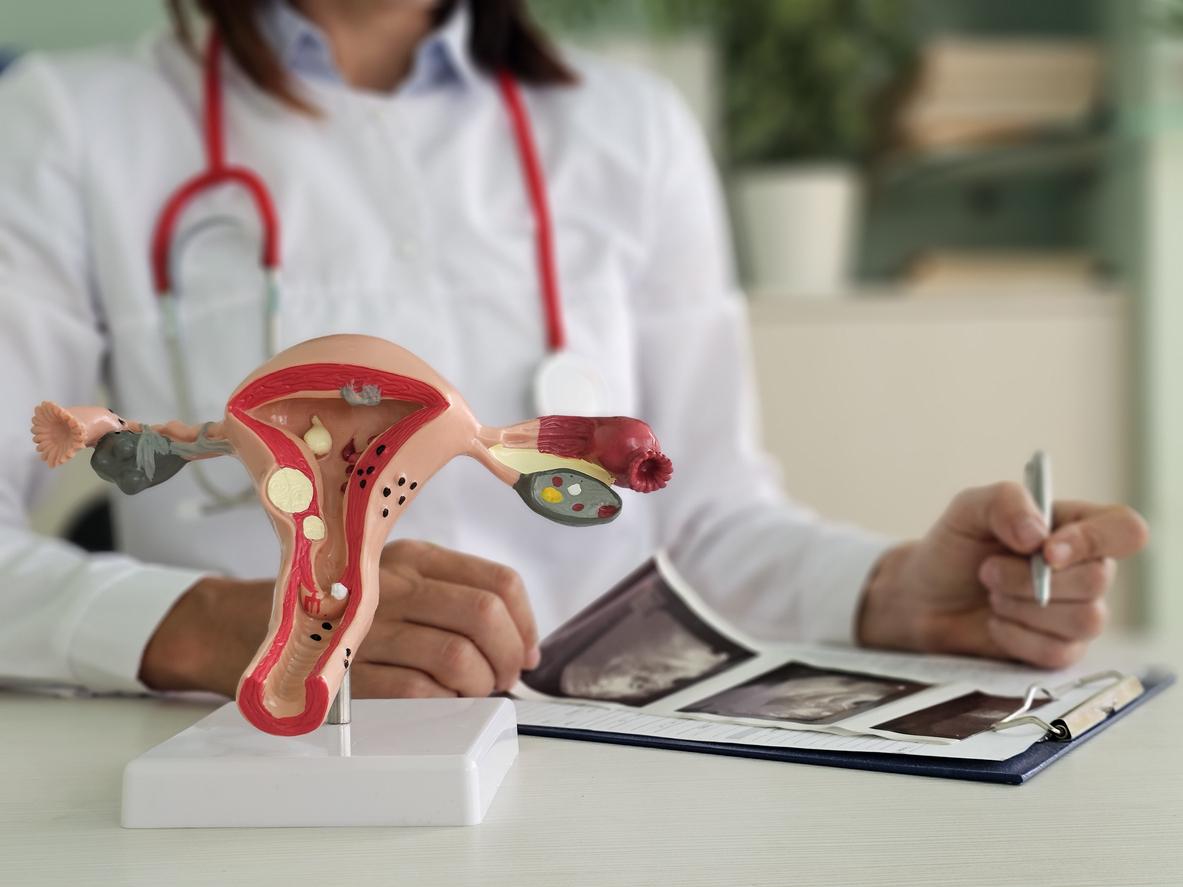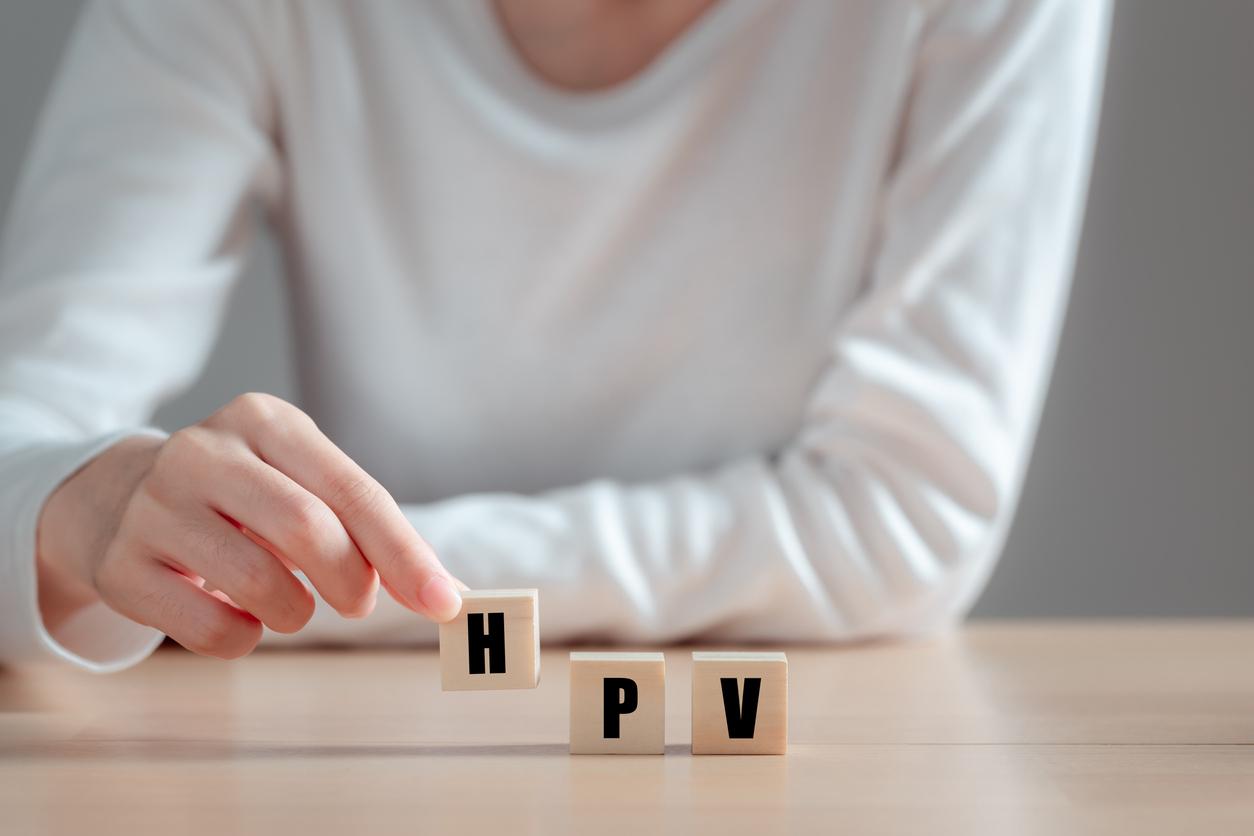Endocrine disruptors are substances capable of interfering with our hormonal system. Bisphenol A, bisphenol B, etc. are thus capable of altering various mechanisms, such as communication between certain cells or the development of certain body functions.
Precisely: according to recent work carried out by Inserm, the University Hospital of Lille and the University of Lille, early exposure to endocrine disruptors would harm reproductive functions.
The researchers explain that “in mammals, reproduction is regulated by GnRH neurons, a population of neurons which, during embryonic development, appear in the nose and then migrate to the brain as far as the hypothalamus. (…) These neurons [contrôlent] all processes associated with reproductive functions: puberty, acquisition of secondary sexual characteristics and fertility in adulthood“.
Delayed puberty, disturbed menstrual cycles, impaired fertility…
Thanks to a study carried out on rats (who underwent daily injections of bisphenol A for the 10 days following their birth), the scientists discovered that post-natal exposure to bisphenol A disrupted the integration of GnRH neurons within the neuronal system. The rats thus presented delayed puberty and disturbed “menstrual cycles”, with affected reproductive functions.
“Our findings raise the idea that early exposure to food-contact chemicals, such as bisphenol A, may disrupt the onset of puberty and have a lasting impact on reproductive function.“analyze the scientists.
Although bisphenol A has been banned in baby bottles and other food containers since 2015, the researchers explain that the risk is still present: “bisphenol A is still present in our environment due to the slow degradation of plastic waste, but also because it is found in food containers purchased before 2015 and which have been preserved. With the recycling of waste, the bisphenol A contained in plastics dating from before 2015 could also be found in new products.“
Read also :
- Phthalates responsible for 100,000 premature deaths in the USA
- Beware of dental floss, dangerous for your health
- Towards a list of all endocrine disruptors?


















